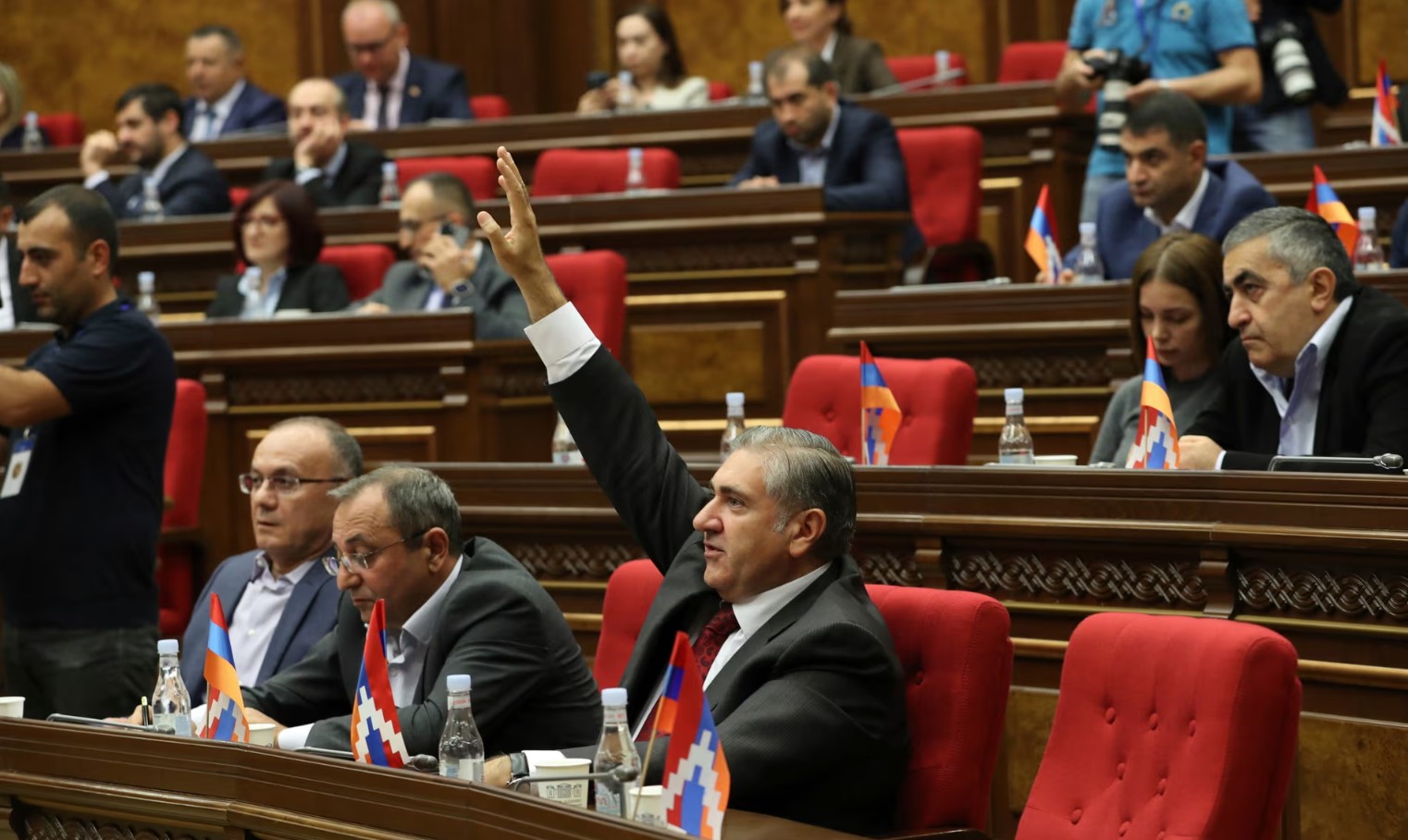What’s Happening
As of February 1st, 2024, Armenia has formally joined the International Criminal Court (ICC), and the Rome Statute has gone into force.
Due to an arrest warrant for Russian President Vladimir Putin issued by the ICC in March of 2023, this now means that Armenia is legally obligated to arrest Putin if he ever steps foot in Armenia. It was this same warrant that prevented Putin from attending the BRICS summit in South Africa in August, as South Africa also would have been obligated to arrest him.
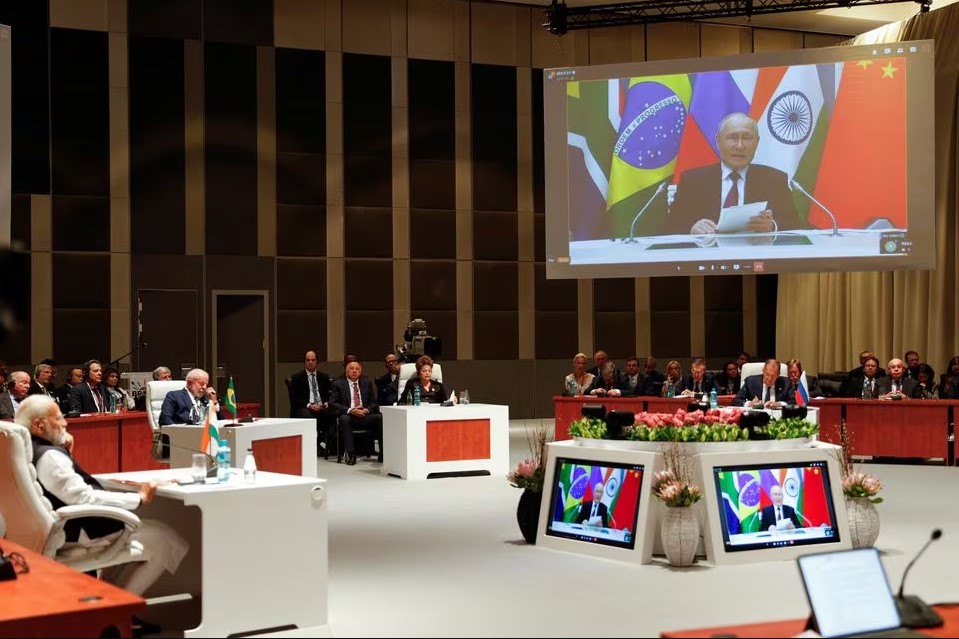
While Armenia had technically signed the Rome Statute in 1999, they never technically ratified it, citing “contradictions” between the Statute and the Armenian constitution. The vote to finally ratify it came in October of 2023, with the statute just on February 1st coming into effect, with Armenia’s parliament stating the contradictions had been solved in 2015, when the nation adopted a new constitution.
While Kremlin Spokesman Dmitry Peskov called the vote the “wrong decision”, and the Russian Foreign Ministry called it an “unfriendly step”, Armenia and its Prime Minister, Nikol Pashinyan, have insisted the move was not directed at Russia, but rather to increase the nations’ ability to pursue war crime charges against Azerbaijan.
A series of clashes and wars between Armenia and Azerbaijan over the past few years have produced evidence of significant war crimes, which Armenia has not had the ability to pursue any charges on. Their stated purpose for officially joining the ICC is to give “Armenia serious tools to prevent war crimes and crimes against humanity on its territory”, as stated by Yeghishe Kirakosyan, Armenia’s international legal representative.
An Unfriendly Step
While it can only be theorized if Armenia’s decision was in part a slight against Russia, what is certain is that the two nations, recently claimed strong allies, have very quickly drifted apart. The drift has called into question Armenia’s future in the CSTO, a military alliance headed by Russia, that bears certain similarities to NATO. It is comprised of former Soviet states.
The drift is caused by a series of what Armenia says is failures by Russia to assist the nation against Azerbaijan in the face of several different attacks, as well as to protect Armenian civilians of the former self-proclaimed Republic of Artsakh (Nagorno-Karabakh), after an Azeri military offensive in September of 2023 prompted virtually all of the nations 120,000 Armenians to leave.
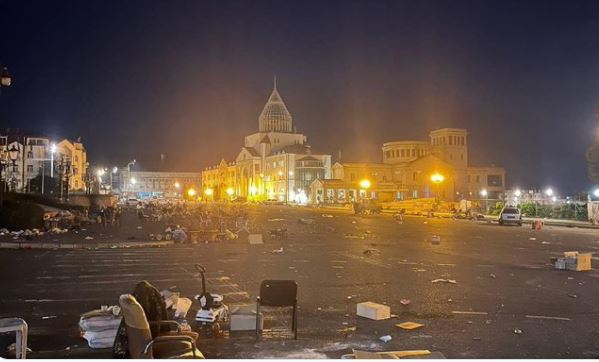
Artsakh is a disputed territory between Armenia and Azerbaijan. Though the region has been inhabited by Armenians and declared independence in 1991 as the Republic of Artsakh, it was internationally recognized as and claimed by Azerbaijan.
The Azeri military offensive took place while several thousand Russian peacekeepers were stationed in Artsakh, who took no action to halt the Azeri offensive, something PM Pashinyan was very critical of.
Armenia itself has also suffered a number of direct attacks by Azerbaijan on its internationally recognized territory, prompting them to attempt to invoke a clause akin to NATO’s article 5, attempting to call the CSTO to their defence. The CSTO rejected the calls, however, forcing Armenia to in essence, fend for themselves. As such, at least 65km2 of Armenian territory remains occupied by Azerbaijan.
The CSTO has failed to even issue a formal condemnation of attacks launched by Azerbaijan on Armenia.
Armenia has made moves to distance itself from the CSTO, partially out of protest for what they say is a lack of action, and partially out of what they say is necessity to find other security partners, particularly as Azeri rhetoric towards Armenia becomes notably more aggressive.
“Previously, this problem was simple because there was no such question and there was no difficulty in creating a concept. Previously, 95-97% of our defense relations were with the Russian Federation. Now this cannot be for both objective and subjective reasons” -PM Pashinyan, when speaking of Armenia’s future security relationship with Russia
The distance growing between Armenia and Russia has not failed to have been capitalized upon by the West. Upon the October vote which ratified the Rome Statute, European Commission President Ursula von der Leyen stated that “the world is getting smaller for the autocrat in the Kremlin”.
Limited Options
As Armenia seeks out new security partners to address its increasingly dire situation, a few names have stood out. France, the US, India, and Georgia.
Armenia and France’s relationship has grown particularly strong as of late. Not only has France signed several defence contracts with Armenia, but they have also confronted Azerbaijan diplomatically. Regarding the French supplying of weapons to Armenia, Azerbaijan has accused France of attempting to spawn a new war in the region.
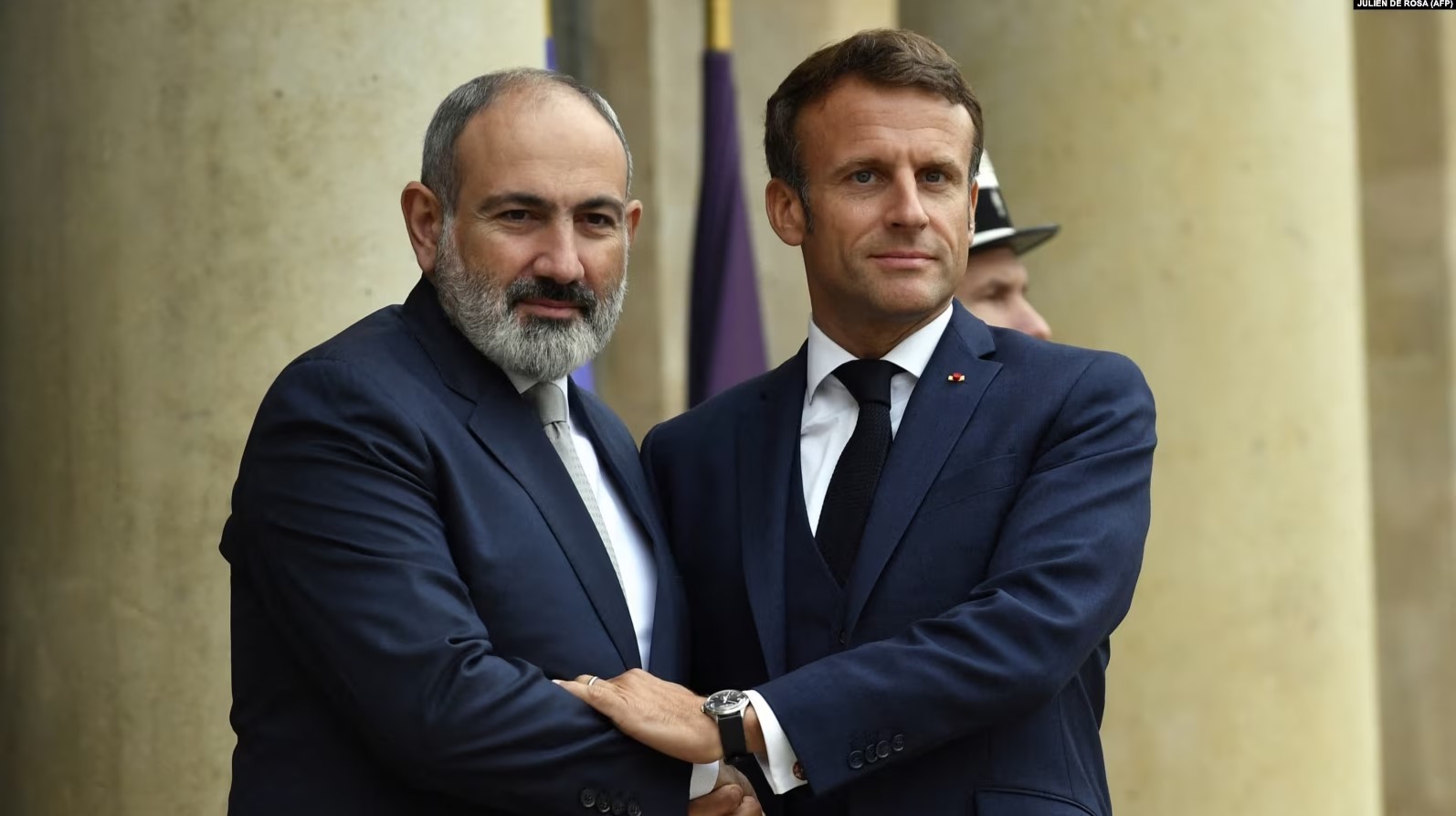
In September, Armenia and the US held military drills together, hosted in Armenia. The move was strongly condemned by Russia. Armenia and the US have grown closer largely diplomatically. Although Armenia has discussed cooperation with Javier Colomina, the NATO Secretary General’s special representative for the Caucasus and Central Asia, no defence contracts have been signed between the US and Armenia, and no security guarantees exist between them.
Similarly, although France has warned Azerbaijan against any future military action against Armenia, they have fallen short of stating they will intervene on Armenia’s behalf, instead stating that the relationship between Europe and Azerbaijan will be “permanently altered”. Although relations between many European countries and Azerbaijan have been strained as of late, Azeri suppliance of oil to Europe has largely kept them in check, particularly after Europe chose Azerbaijan as one of the primary replacements for Russian oil.
Armenia and India have also signed a series of defence contracts, procuring an array of different weapons for the Armenian military, however these, of course, hold no security guarantees for Armenia.
On January 26th, Armenia and Georgia signed a “Strategic Partnership Agreement”. While most of the finer details of this agreement are unknown, much of what is public is economic in nature, in addition to Georgia putting itself forward as a potential mediator for peace processes between Armenia and Azerbaijan.
While Armenia’s future in the CSTO is unclear, and speculation grows as to if they will eventually leave the alliance, it seems unlikely they will do so without first achieving security guarantees from a new partner.
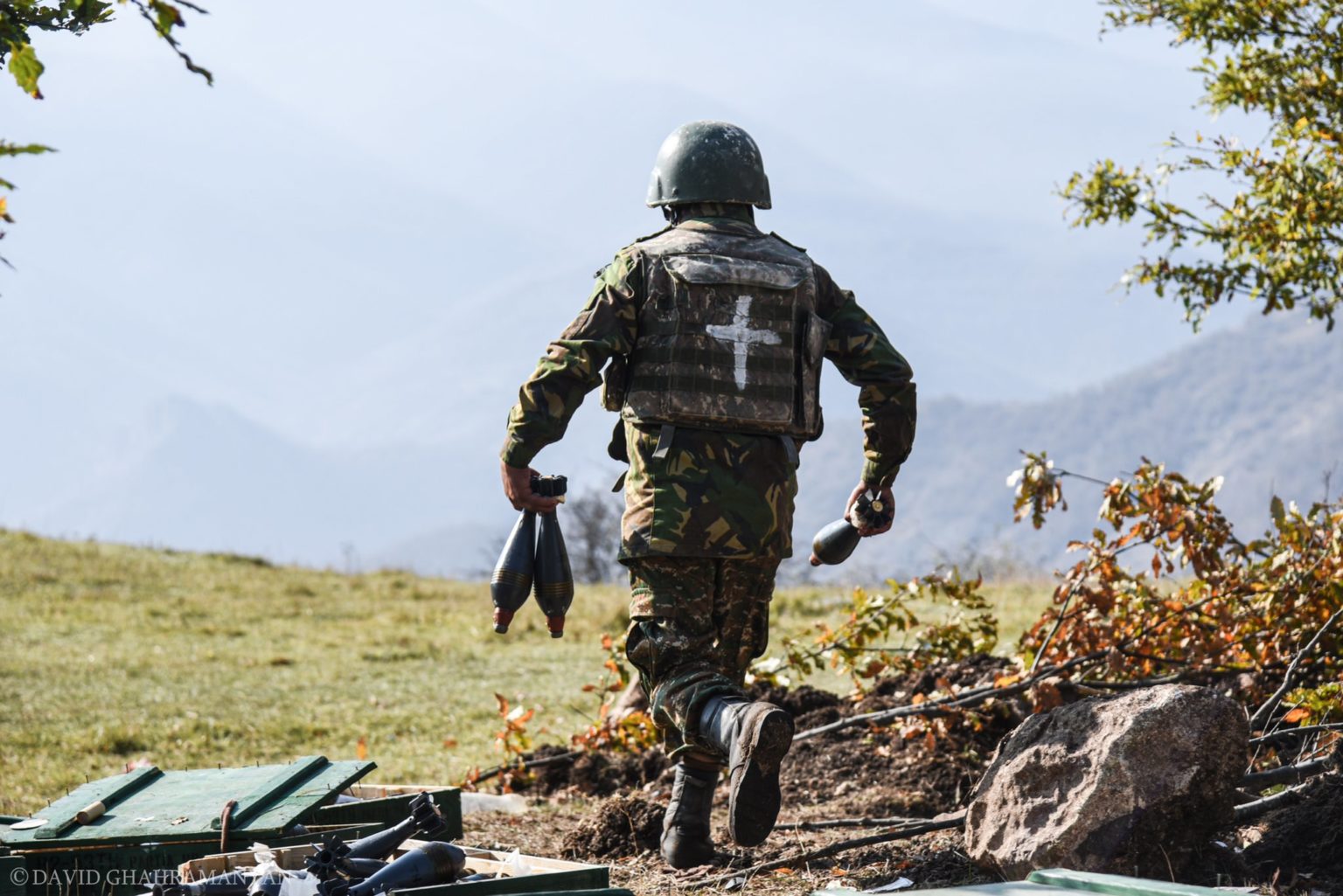
Putin has stated that Armenia leaving the CSTO would “not be in Armenia’s interests”.
Recent Azeri rhetoric towards Armenian territory has made peace processes and relations suffer. In a video interview with Azeri TV, Azerbaijan President Ilham Aliyev referred to Armenia as “Western Azerbaijan”, stated that Yerevan was an “ancient Azerbaijani city” that was given to Armenia by the Soviets, and laid claim to 8 different villages within Armenia’s borders that are in proximity to the Azeri border.
Both in 2022 and 2023, Armenia and Azerbaijan had stated their respective hopes to sign a finalized peace agreement “by the end of the year”. This, of course, did not happen in either year.


